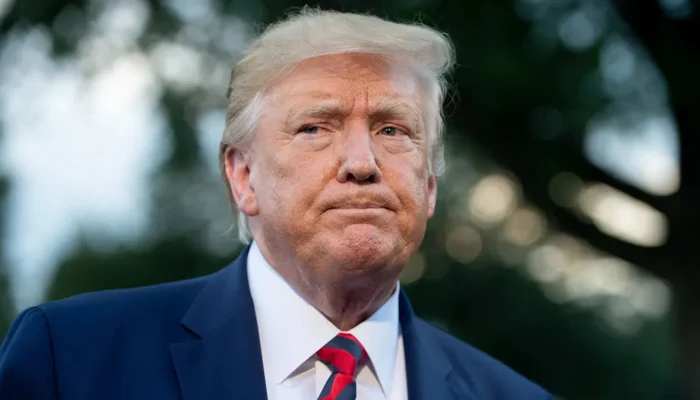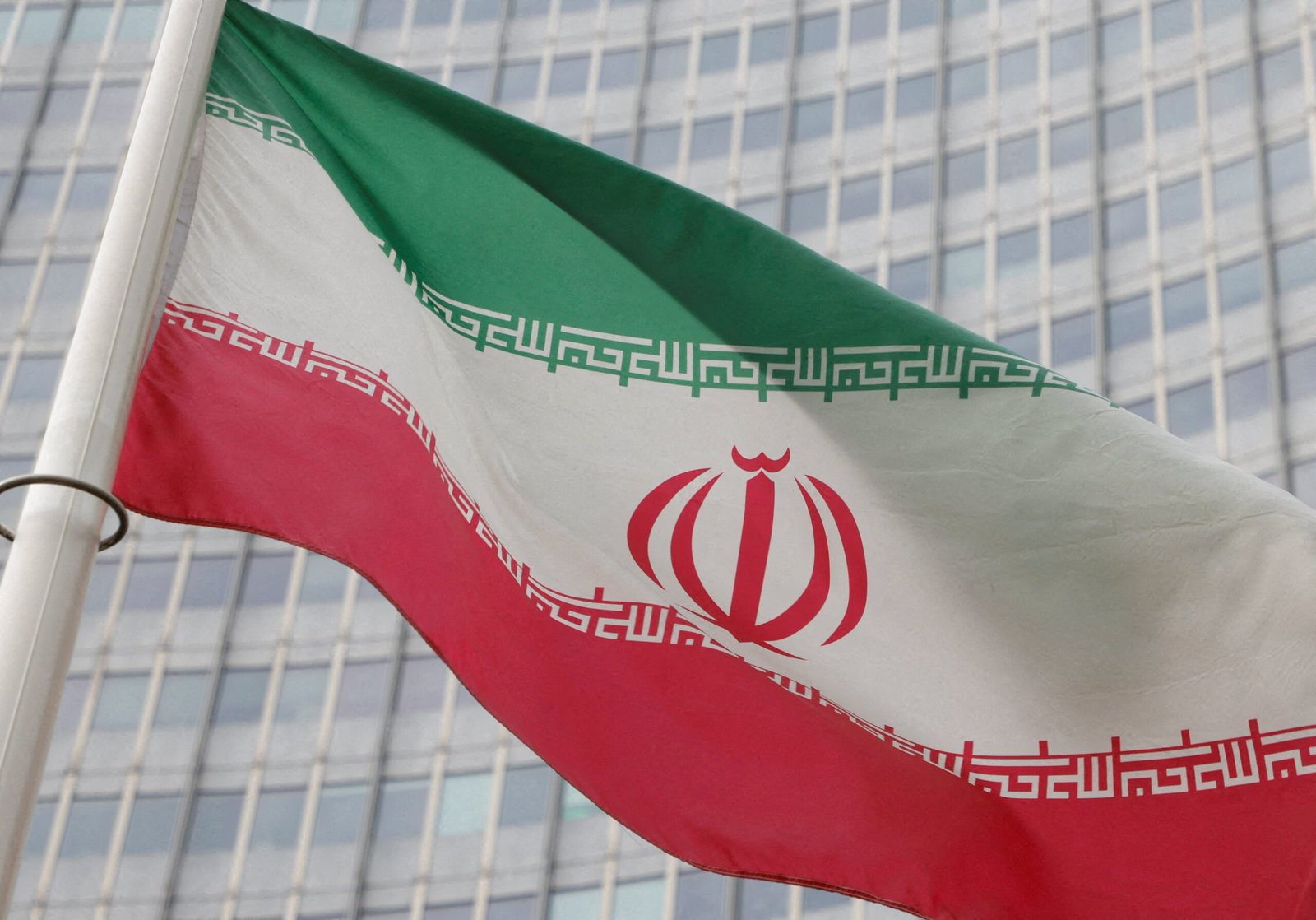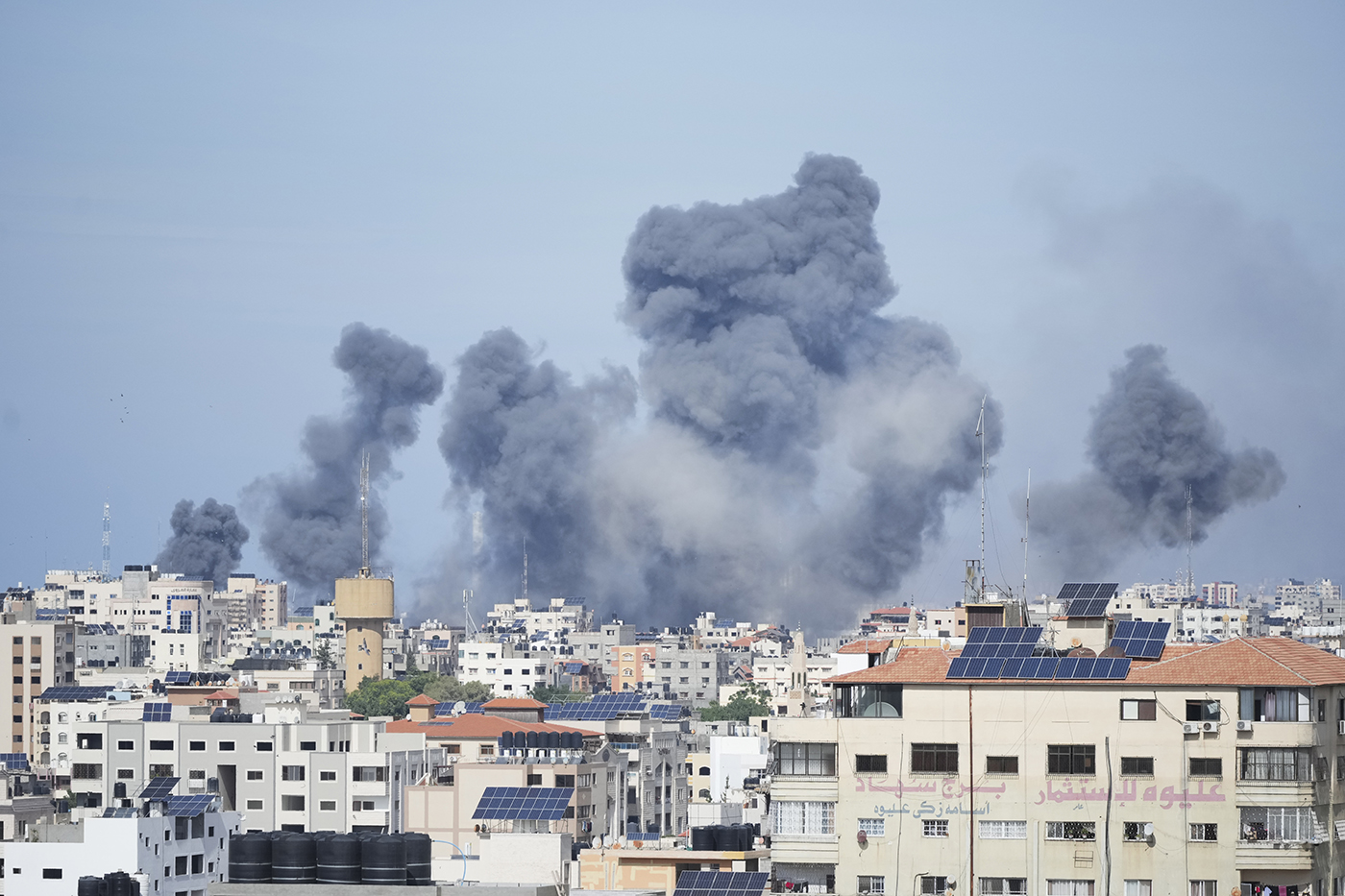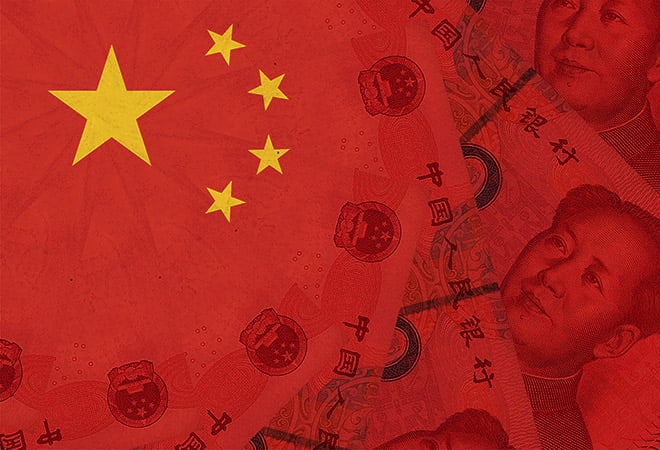The current account deficit (CAD) reduced by 57 per cent during the first five months of the current fiscal year compared to the same period last fiscal year.
The State Bank of Pakistan (SBP) reported Friday that the CAD shrank to $0.28 billion in November from $0.57bn in October, a decline of 51.5pc. Cumulatively, CAD contracted by more than half to $3.1bn during July-November against $7.2bn in the same period last year.
The SBP said the decline was mainly due to a fall in imports by $4.8bn (16pc), while exports broadly remained unchanged.
CAD declined to a 19-month low of $276m in November, while it fell by 86pc compared to $1.929bn during the same month last year.
“On a year-on-year (YoY) basis, the primary reason behind the decline in deficit was a 32pc YoY decrease in total imports. However, total exports and remittances also decreased by 13pc and 14pc YoY, respectively,” reported by republic policy news reporter.
The government took credit for narrowing down the CAD. Still, analysts pointed towards the declining economic growth, which is estimated to remain around 2pc in FY23 due to a sharp decline in the imports of raw material and machinery hampering industrial production, and unprecedented inflation has further suppressed the demand for goods and services.
Industrialists and traders were highly critical of the saving of dollars by the government and its failure to restore inflows of dollars from possible sources like donor agencies, including the IMF and World Bank, and friendly countries.
Despite shallow CAD, the falling imports of essential goods and raw materials have a negative impact on the critical textile sector, the country’s main exporter.
Karachi Chamber of Commerce and Industry president Mohammed Tariq Yousuf warned that the non-opening of letters of credit (LCs) has badly affected the overall industrial activities and exports, which could result in massive layoffs in the near future.
“We see no improvement in foreign exchange reserves, and the rupee situation through FY23 and beyond until political and economic stability is provided. The IMF programme’s continuation is critical in 3QFY23, which will enable macro stability and unlock external funding from other sources,” said M. Arsalan Siddiqui of Optimus Capital, adding that the rollover of Chinese deposits and loans and fresh funding from Saudi Arabia may finance the external requirement in FY23.
Pakistan is facing an external funding crisis amid its inability to tap international bonds/commercial loans (budgeted at $2.0/7.5bn in FY23).
















